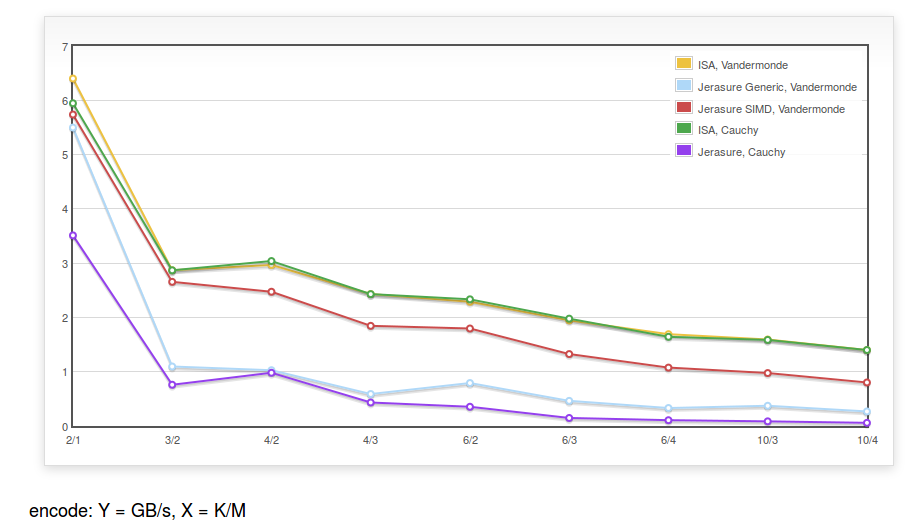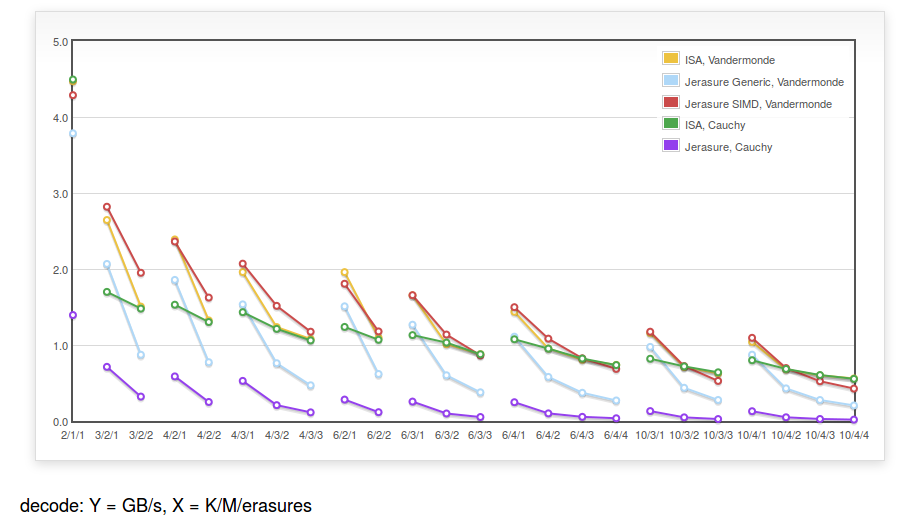The teuthology container hack is improved to run teuthology-suite. For instance:
./virtualenv/bin/teuthology-suite \
--distro ubuntu \
--suite-dir $HOME/software/ceph/ceph-qa-suite \
--config-file docker-integration/teuthology.yaml \
--machine-type container \
--owner loic@dachary.org \
--filter 'rados:basic/{clusters/fixed-2.yaml fs/btrfs.yaml \
msgr-failures/few.yaml tasks/rados_cls_all.yaml}' \
--suite rados/basic --ceph ANY \
$(pwd)/docker-integration/ubuntu.yaml
schedules a single job out of the rados suite and the results can be collected in the teuthology-worker archive directory:
$ tail -5 /tmp/a/loic-2015-06-06_16:06:57-rados:\
basic-ANY---basic-container/22/teuthology.log
06:57-rados:basic-ANY---basic-container/22/teuthology.log
tasks/rados_cls_all.yaml}', duration: 1017.5819008350372, \
flavor: basic, owner: loic@dachary.org,
success: true}
2015-06-06T16:24:38.634 WARNING:teuthology.report:No result_server \
in config; not reporting results
2015-06-06T16:24:38.634 INFO:teuthology.run:pass



